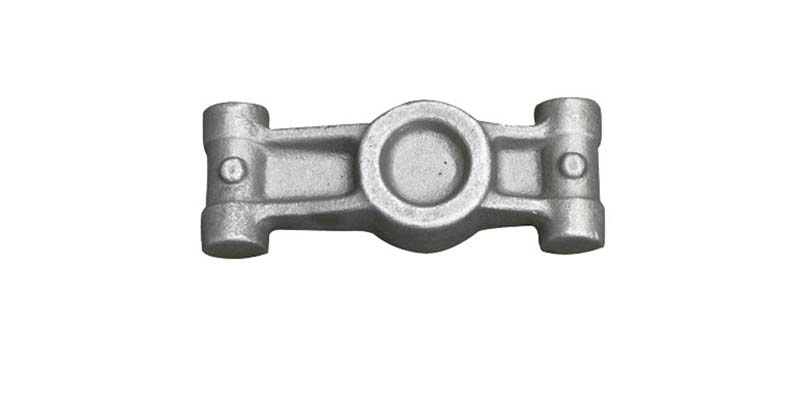- Contact Innally, Let you purchase forgings in China more favorable prices, products more assured!
- Hotline:+(86)15038323776 Email:innally@innally.com
What is the difference between the materials of different car forgings?
- Category: Steel forgings, Thermal forging
- |
- Date: 28/12/2023
the materials of different automobile forgings have obvious differences, which are mainly manifested in chemical composition, mechanical properties, corrosion resistance and so on. In the automotive manufacturing process, according to the working environment and performance requirements of different parts, the selection of the right material is crucial.
Product Details
As an important part of automobile manufacturing, the choice of material has a crucial impact on the performance and safety of the vehicle. The materials of different automobile forgings have obvious differences, which are mainly manifested in chemical composition, mechanical properties, corrosion resistance and so on. This article will analyze the material differences of different automobile forgings in detail to help readers better understand this field.
First, high strength steel forgings
High strength steel forgings are widely used in automobile manufacturing, mainly for the manufacture of automobile chassis, engine, suspension system and other key components. High-strength steel forgings have high tensile strength and yield point, which can effectively reduce the weight of components while ensuring sufficient strength, thereby improving the fuel economy and power performance of the vehicle. Commonly used high strength steel forgings are boron steel, manganese steel and so on.

Two, stainless steel forgings
Stainless steel forgings are mainly used in the manufacture of automotive exhaust systems, fuel tanks, water tanks and other components with high corrosion resistance requirements. Stainless steel forgings have excellent corrosion and wear resistance and can maintain their performance and appearance in harsh working environments for a long time. Commonly used stainless steel forgings are austenitic stainless steel, martensitic stainless steel and so on.
Third, aluminum alloy forgings
Aluminum alloy forgings are increasingly widely used in automobile manufacturing, mainly for the manufacture of body panels, engine components, suspension systems and other lightweight components. Aluminum alloy forgings have low density and good plasticity, which can effectively reduce the weight of the vehicle, thereby improving fuel economy and power performance. At the same time, aluminum alloy forgings also have good corrosion resistance and recyclability, which is conducive to environmental protection and sustainable development. The commonly used aluminum alloy forgings are deformed aluminum alloy and cast aluminum alloy.
Four, titanium alloy forging
Titanium alloy forgings are rarely used in automobile manufacturing, but have high technical content and added value. Titanium alloy forgings are mainly used in high temperature and high load working environments such as engine components and exhaust systems. Titanium alloy forgings have excellent high temperature performance and corrosion resistance, and can maintain stable performance in high temperatures and harsh environments. Commonly used titanium alloy forgings are pure titanium, titanium alloy and so on.
In summary, the materials of different automobile forgings have obvious differences, which are mainly manifested in chemical composition, mechanical properties, corrosion resistance and so on. In the automotive manufacturing process, according to the working environment and performance requirements of different parts, the selection of the right material is crucial. Through reasonable material selection and processing technology, the performance and safety of automobile forgings can be improved, so as to enhance the quality and market competitiveness of the vehicle.
nannan
INNALLY mainly provides you with various types of cast and forged parts products. Welcome your inquiries! innally@innally.com
Related Products
Search
Forging center
- Steel forgings
- Aluminium alloy forging
- Titanium alloy forging
- Stainless steel forging
- Copper forging
- Automotive forgings
- Locomotive forging
- Bicycle forgings
- Motorcycle forging
- Rigging and fasteners
- Bearing forging
- Electric power fittings
- Marine forging
- Mechanical forgings for metalworking
- Mining machinery forgings
- Marine engineering forgings
- Construction machinery forgings
Popular product

© 2025. All Rights Reserved.






